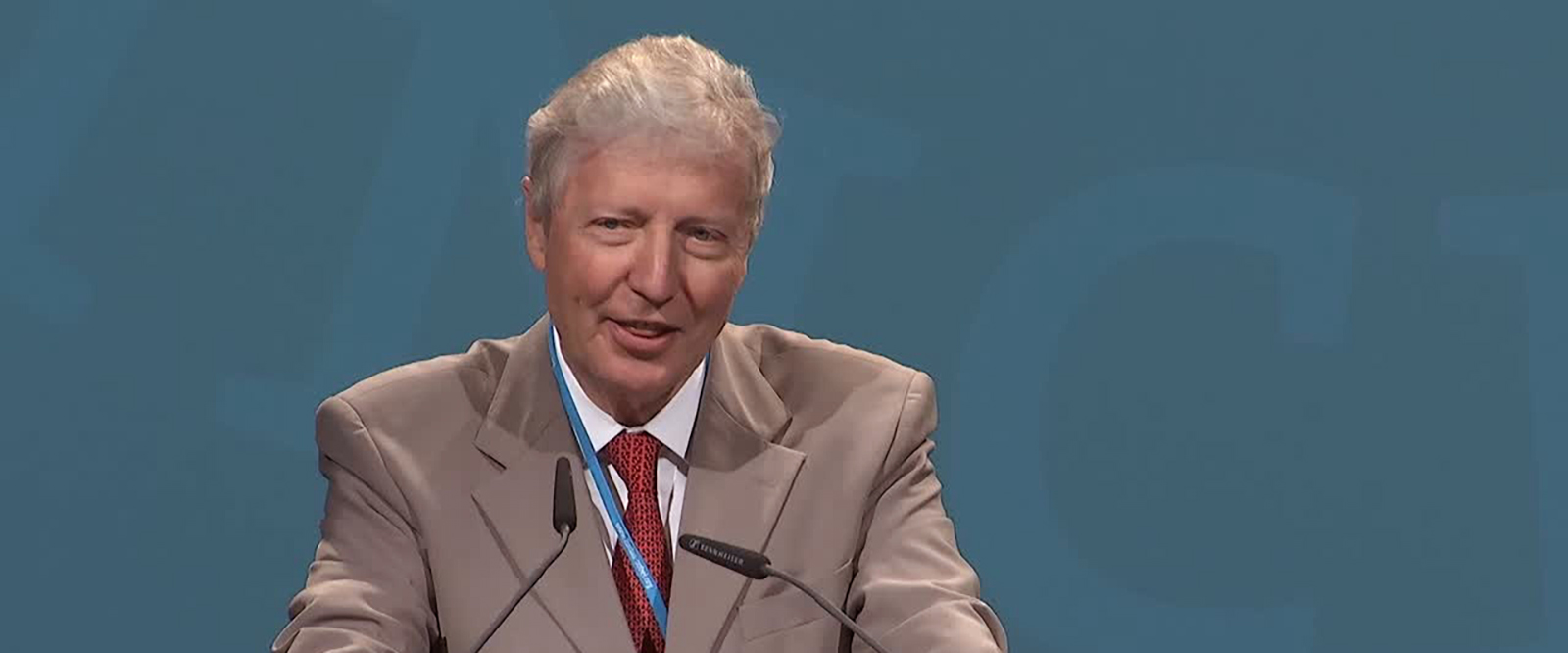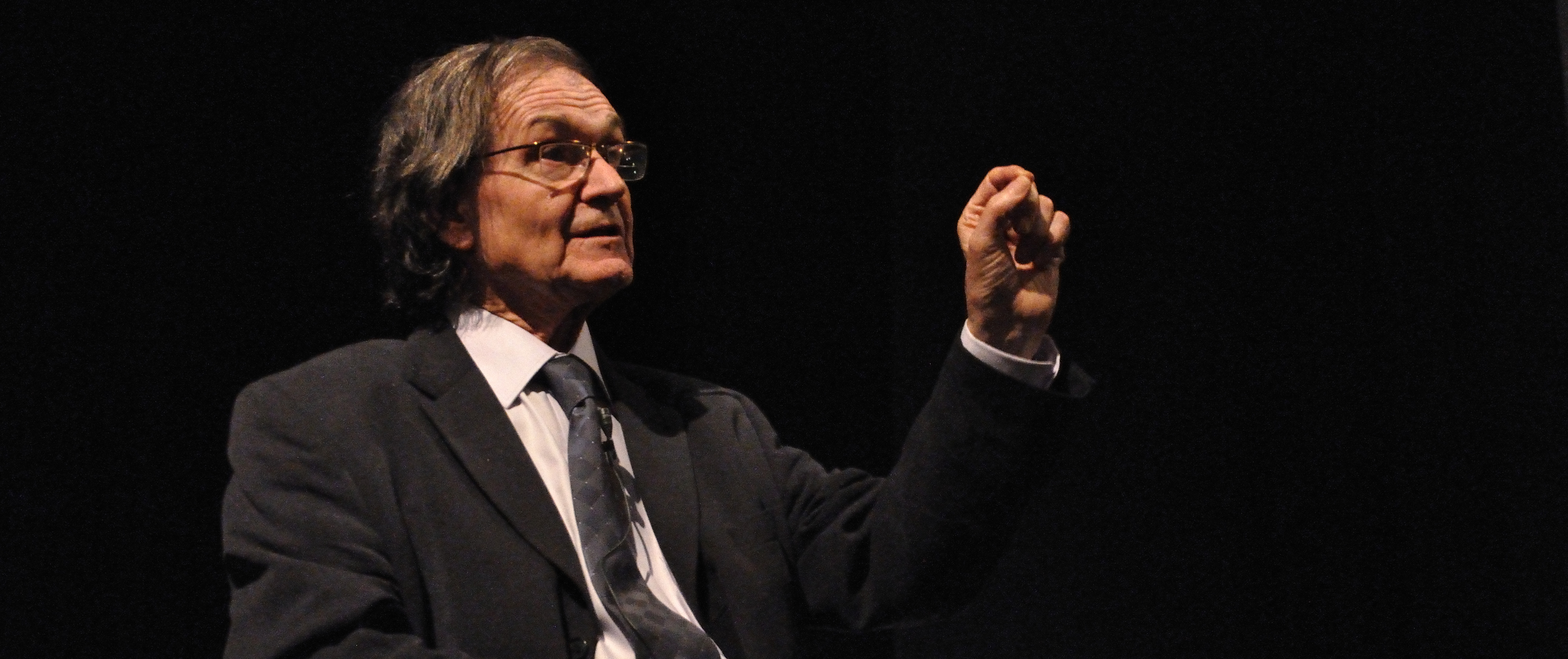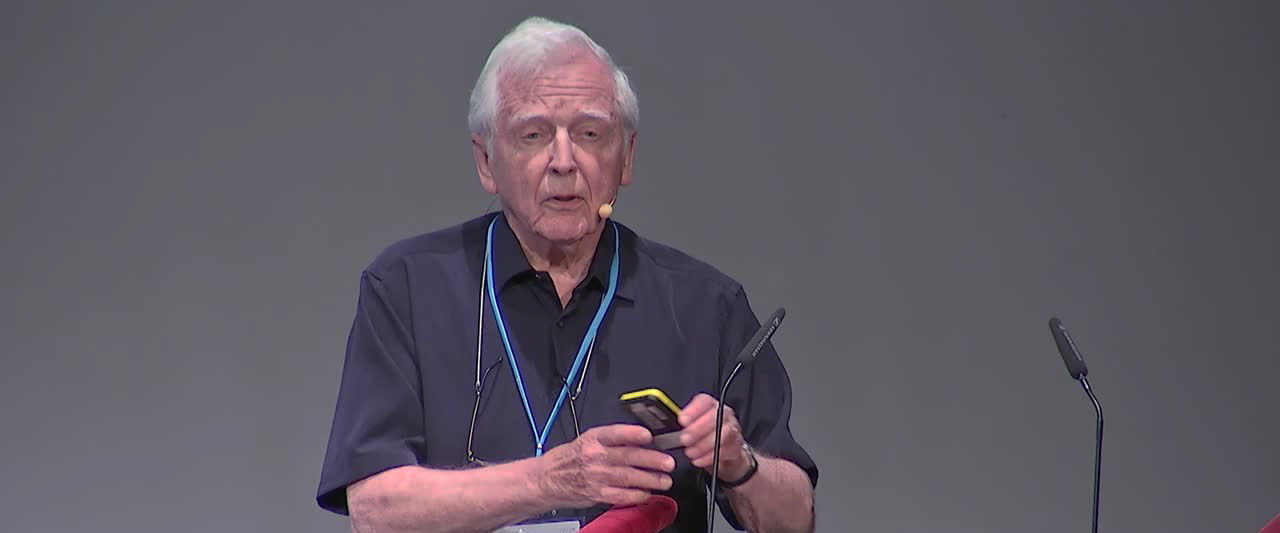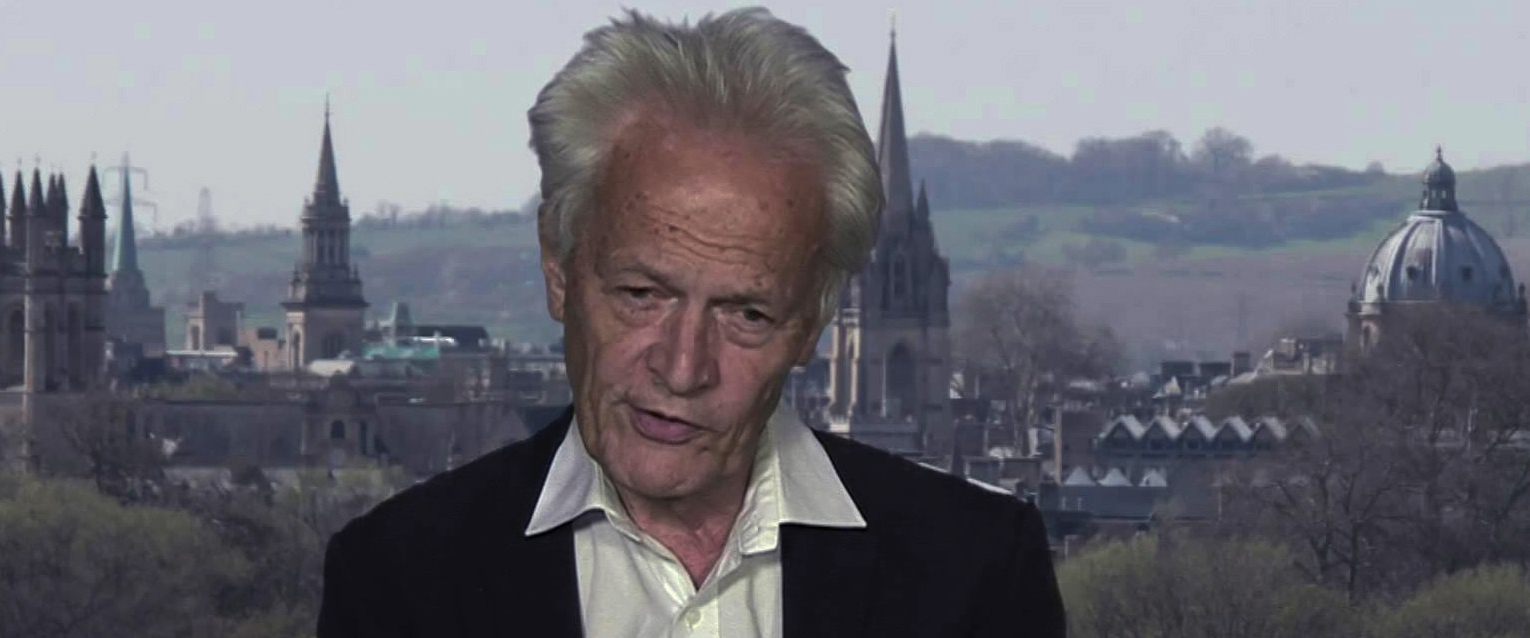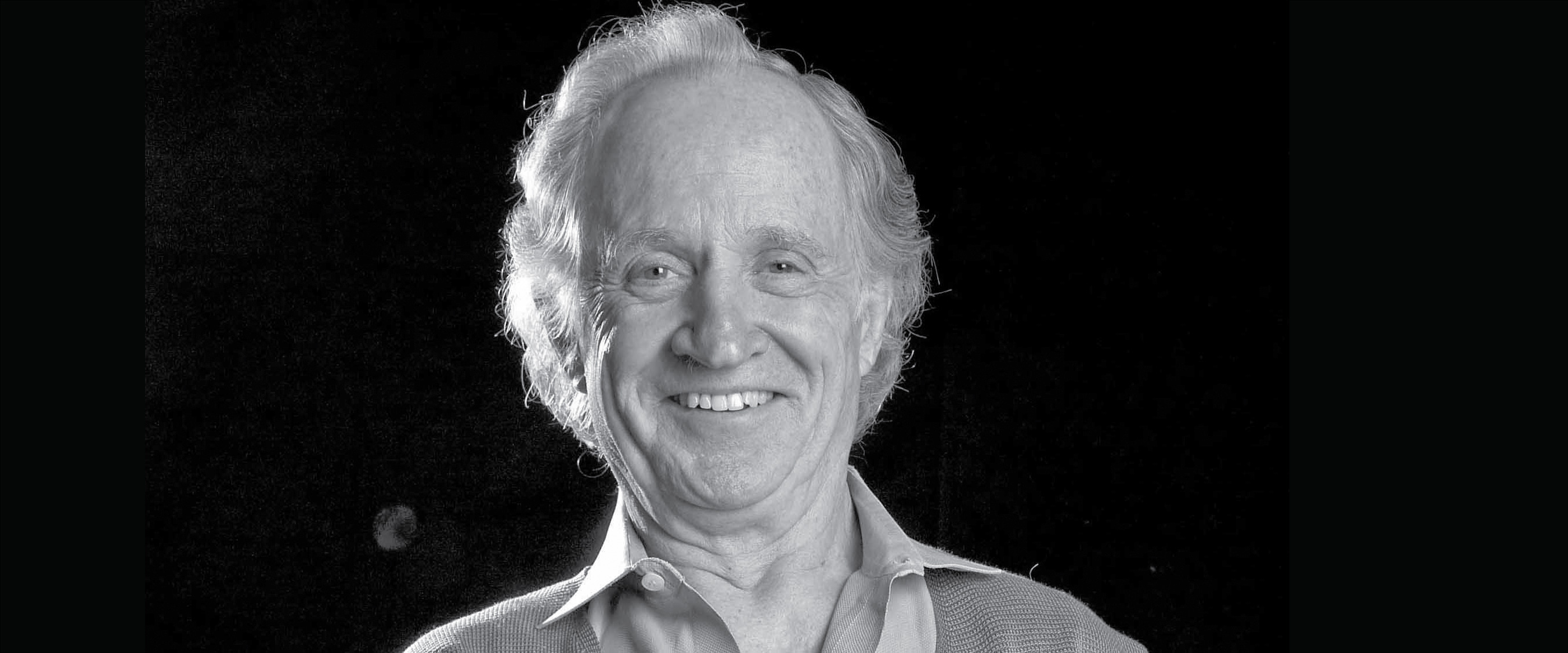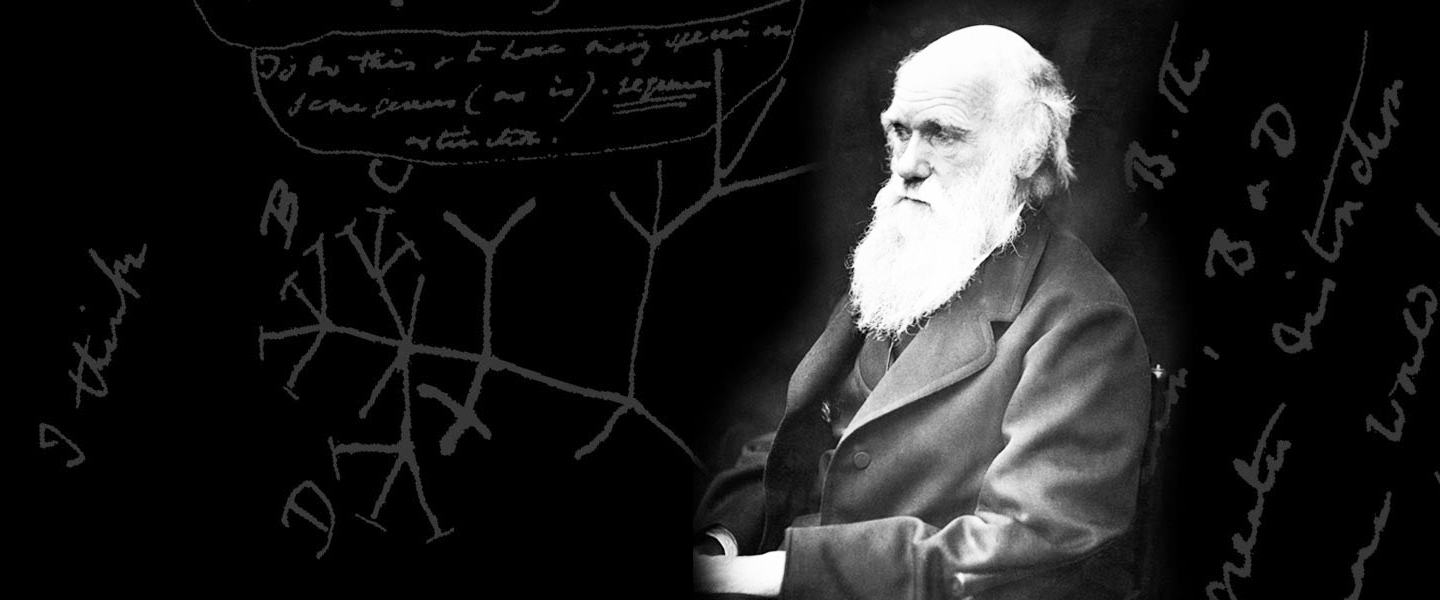8th November 2018.
Laura Riva, Sanger Centre, Hinxton, UK
On the 8th of November 2018 Laura Riva of the Sanger Centre at Hinxton, will give a seminar entitled Mutational signatures in environmental, carcinogen-induced lung and liver tumours at 2.00 pm in the College lecture theatre. In her talk L Riva will discuss the genomic alterations that accompany the development and progression of experimental and human tumours as a foundation for understanding the basis for cancer progression, an area of research with a major impact on future therapies including, notably, precision or personalised approaches to cure. All College students are invited to attend, especially those reading Medicine, Biology, Biotechnology and Pharmaceutical Sciences. The poster of the lecture can be downloaded here.
Abstract
By analysing the catalogue of the somatic mutations present in several cancer genomes, it is possible to understand the mutational processes active in different tumours. In this seminar, I will describe the mutational signatures identified in cancer genomes and their association with many processes that drive cancer. In addition, I will introduce some computational methods that have been developed to discover mutational signatures in cancer genomes. Furthermore, I will describe the signatures of mutational processes present in the genome of mouse tumours following exposure to several carcinogens.
Biography
L Riva received a PhD in Bioengineering at the Politecnico di Milano in 2007. In 2006, she moved to Massachusetts Institute of Technology (MIT), joining the Fraenkel lab as a visiting student supported by the Progetto Rocca MIT-PoliMi Program. There, she developed ResponseNet, a systems biology approach to reveal mechanistic connections between genetic and transcriptional data by integrating multi-omics data. During her postdoctoral training at MIT (2007-2010), supported by the Merck-MIT Postdoctoral Fellowship, she contributed to the understanding of deregulated transcriptional networks through the use of NGS technologies. After receiving the AIRC/Marie Curie International Fellowship in Cancer Research, she joined the Pelicci lab at the European Institute of Oncology in Milan, where she started her research in cancer genomics. In 2012, she joined the Centre for Genomic Science (CGS@SEMM) at the Instituto Italiano di Tecnologia in Milan (https://www.iit.it/centers/cgs-semm) as a team leader, and with her team she developed computational methods to analyse and interpret human cancer genomics data, focusing to the identification of driver genes. In 2017, she joined the Wellcome Trust Sanger Institute in Cambridge (UK), as a Principal Bioinformatician in the Experimental Cancer Genetics lab (Adams lab). She is currently studying mutational signatures of cancer development in response to environmental carcinogens.
Reference
Alexandrov LB et al. Signatures of mutational processes in human cancer. Nature. 2013 Aug 22;500(7463):415-21. doi: 10.1038/nature12477.
Image
Graphical representation of a gene expression network. Courtesy of QG Fu, Tongji University, Shanghai.
